The concept of using Teflon cables in renewable energy systems has the potential to offer several advantages, but it's essential to consider various factors and challenges. Here are some aspects to explore regarding the potential role of Teflon cables in advancing renewable energy systems:
High Temperature Resistance: Teflon is known for its exceptional heat resistance. In renewable energy systems, particularly in solar power applications, where high temperatures can be encountered, Teflon cables might withstand these conditions better than traditional materials, potentially improving overall system efficiency.
Chemical Resistance: Teflon is highly resistant to chemicals and environmental factors. This resistance can be beneficial in renewable energy systems where exposure to harsh weather conditions, UV radiation, or corrosive elements might be a concern.
Low Friction and Abrasion Resistance: Teflon's low friction properties could be advantageous in cable applications, reducing wear and tear. This could be particularly relevant in wind energy systems, where cables may experience movement due to wind-induced vibrations.
Electrical Insulation Properties: Teflon is an excellent electrical insulator. This property can be crucial in ensuring the reliability and safety of cables in renewable energy systems, preventing electrical losses and maintaining system integrity.
Lightweight and Flexible: Teflon is lightweight and flexible, making it potentially easier to work with in terms of cable installation, maintenance, and overall system design. This flexibility can be advantageous in applications where space constraints or complex cable routing is a consideration.
Durability and Longevity: Teflon is known for its durability and long service life. In renewable energy systems, where components are often exposed to challenging environmental conditions, the use of Teflon cables could contribute to increased system reliability and reduced maintenance requirements.
However, there are also challenges and considerations to address:
Cost: Teflon is a relatively expensive material. The cost of manufacturing cables with Teflon insulation may impact the overall economics of renewable energy projects, and a cost-benefit analysis would be essential.
Compatibility with Other Materials: Compatibility with other materials used in renewable energy systems, such as connectors, insulators, and junction boxes, needs to be ensured to prevent potential issues.
Environmental Impact: While Teflon is a durable material, concerns have been raised about its environmental impact. Sustainable manufacturing practices and end-of-life disposal considerations must be taken into account.
Specialized Applications: Teflon cables may be more suitable for specific applications within renewable energy systems rather than a universal solution. Identifying these applications and optimizing the use of Teflon cables accordingly is crucial.
In conclusion, while Teflon cables offer promising properties that could benefit certain aspects of renewable energy systems, a comprehensive assessment of costs, environmental considerations, and compatibility is necessary before widespread adoption. Research and development efforts are ongoing to explore innovative materials and technologies that can contribute to the advancement of renewable energy infrastructure.

 ENGLISH
ENGLISH 简体中文
简体中文 GERMAN
GERMAN SPAIN
SPAIN
 +86 181-5747-1135
+86 181-5747-1135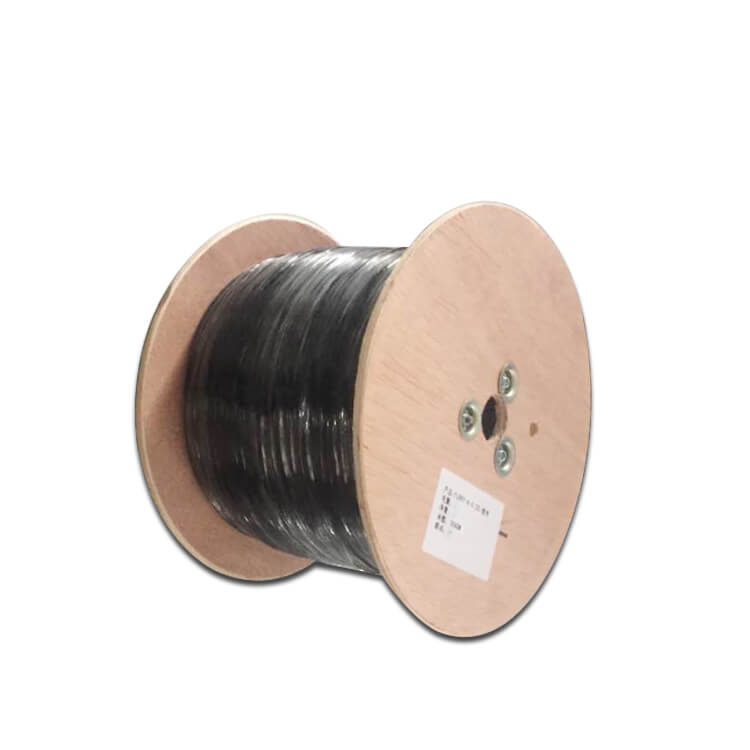
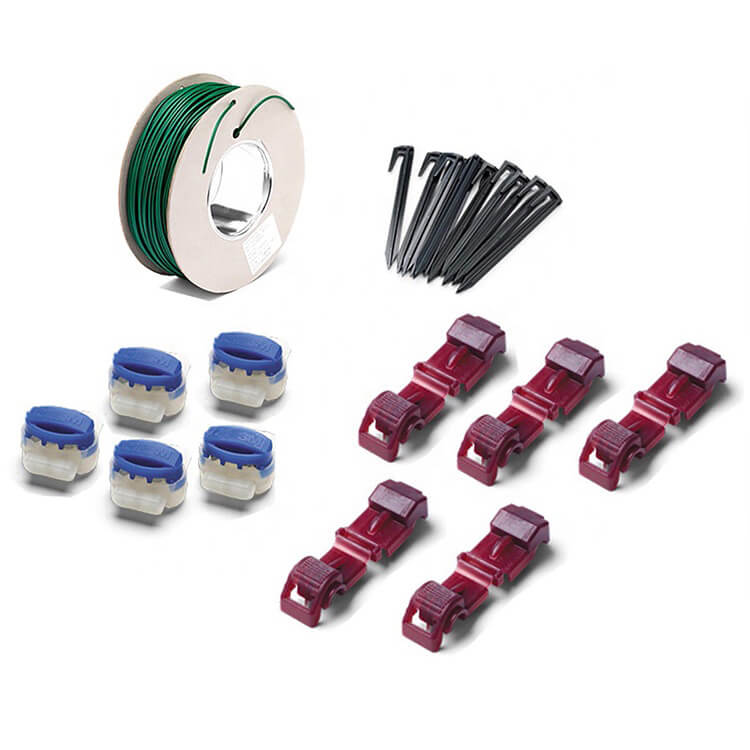
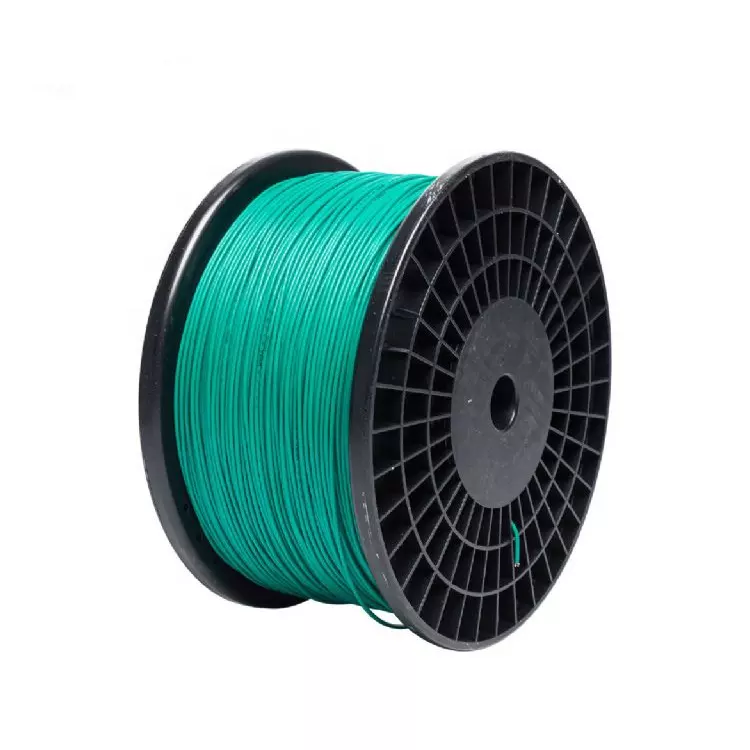



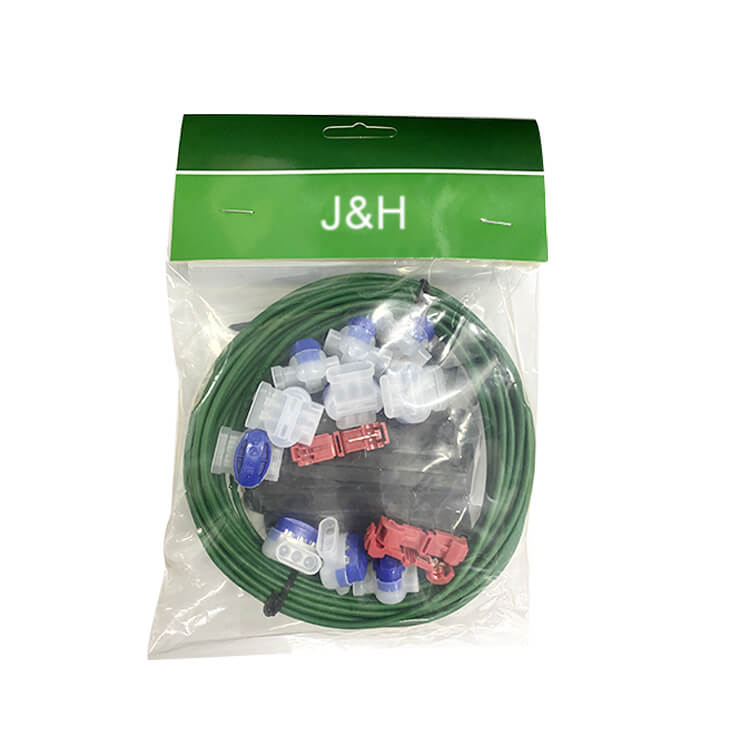
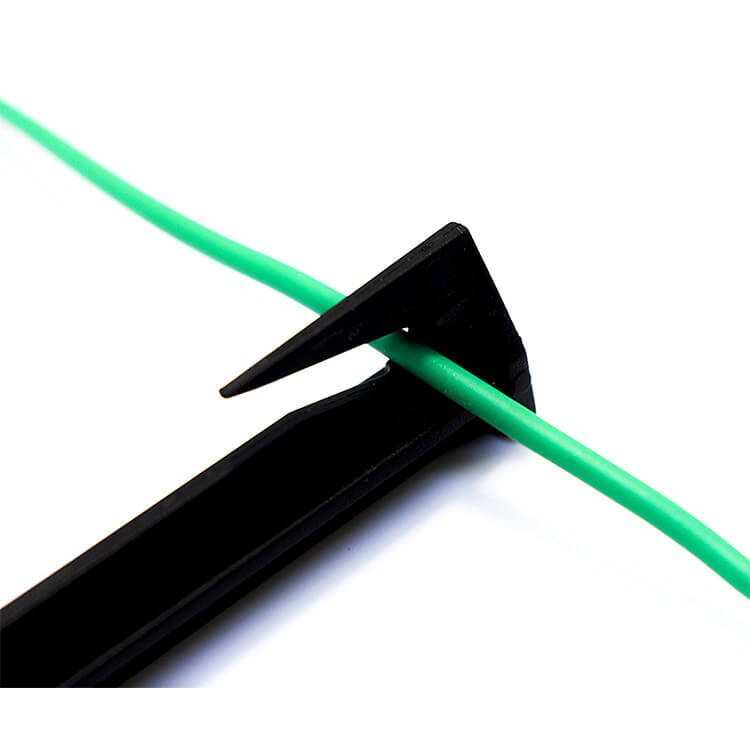
 Abroad:+86 181 5747 1135
Abroad:+86 181 5747 1135 FAX: +86 574 8900 7636
FAX: +86 574 8900 7636 E-mail:
E-mail: 

 read the map
read the map

